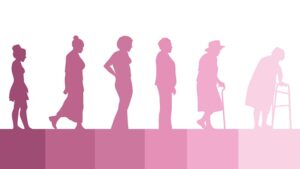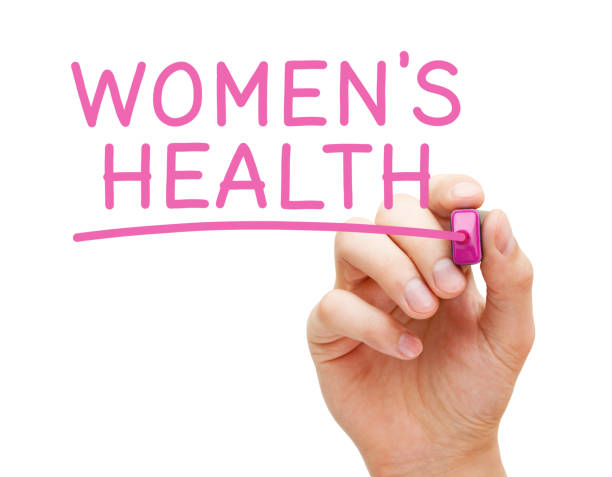Women’s health is more than a personal matter — it’s a societal issue with far-reaching consequences. When women are healthy, families are stronger, communities are more stable, and economies are more productive. Yet, around the world, millions of women still face health challenges that go unaddressed, underfunded, or misunderstood. Among these, breast cancer stands as one of the most critical threats, affecting women physically, emotionally, and socially — and by extension, affecting us all.
The Importance of Women’s Health
Women are often the primary caregivers in their families and communities. They manage homes, raise children, support the elderly, and often contribute to the workforce. When women are healthy, these responsibilities are met with confidence and care. When they suffer, the ripple effects touch every aspect of society:
-
Children’s well-being declines, especially when a mother or caregiver is unwell.
-
Economic productivity drops, as women make up a significant portion of the global workforce.
-
Healthcare systems become strained, managing preventable or late-stage diseases that could have been addressed earlier.
Prioritizing women’s health isn’t a luxury — it’s a societal investment.
Breast Cancer: A Global Concern
Understanding the Impact
Breast cancer is the most common cancer among women worldwide. It affects approximately 1 in 8 women during their lifetime. While it can be treatable when detected early, lack of awareness, social stigma, and limited access to screening in many regions delay diagnosis — often until it’s too late.
This delay costs more than lives. It impacts children who lose their mothers, families who lose their stability, and societies that lose vital contributors.
Key Challenges
-
Late Detection: In many cultures, women are reluctant to speak about their health issues due to shame, fear, or misinformation.
-
Limited Resources: Many healthcare systems in developing countries lack the infrastructure for regular screenings like mammograms.
-
Lack of Education: Women often aren’t taught how to perform self-exams or recognize early signs.
-
Social Stigma: Myths around breast cancer create unnecessary fear and isolation, stopping women from seeking timely help.
Empowering Women, Empowering Society
To reduce the burden of breast cancer — and improve women’s health more broadly — we must take proactive steps:
1. Raise Awareness
Community-based campaigns, school programs, and digital platforms should promote regular breast self-examinations and encourage open conversations.
2. Improve Access to Screening and Treatment
Governments and NGOs must invest in mobile screening units, subsidized mammograms, and affordable treatment options, especially in rural or low-income areas.
3. Break the Stigma
Encouraging survivors to share their stories and involving men in awareness campaigns can normalize the conversation and reduce fear.
4. Support Research and Innovation
Investing in breast cancer research leads to better diagnostics, less invasive treatments, and improved survival rates.
5. Promote Holistic Health
Breast cancer is just one part of the broader picture of women’s health. Encouraging healthy lifestyles, mental health support, and reproductive care ensures women thrive in all aspects of life.


